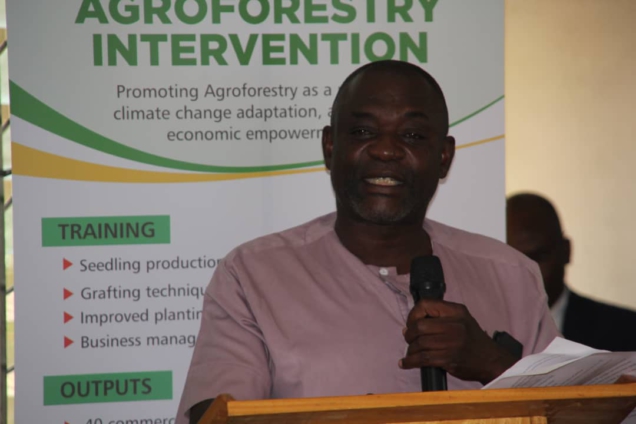About 120 beneficiaries of the Ghana Agricultural Sector Investment Program (GASIP) in Jirapa district of the Upper West Region have put an end to the burning of crop residue after harvesting.
"All beneficiary farmers have stopped burning their crop residue after harvesting," Mr. Joseph Kambunaba, the district director of agriculture said.
Burning crop residue is a cheap and efficient way to get rid of extra residue so you can plant on time and control weeds and pests.
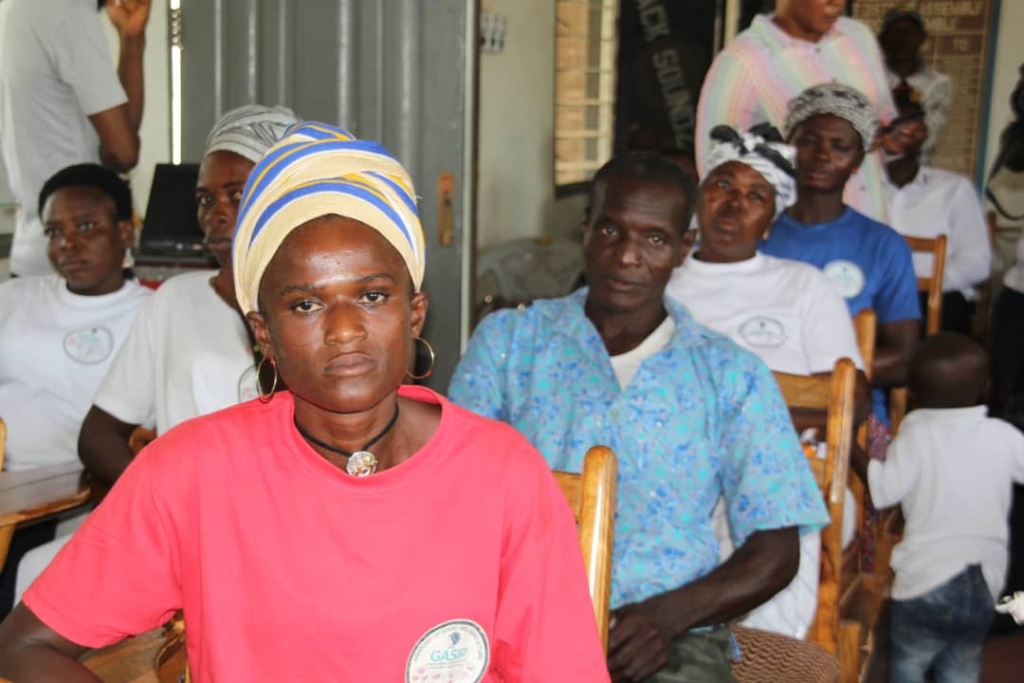
According to experts, it has a number of detrimental effects, including removing vital nutrients from the soil, reducing the amount of organic carbon in the soil, and removing plant residues that act as a protective layer against soil erosion.
The effects may have cumulative short- and long-term effects that, over time, may have a net detrimental effect.
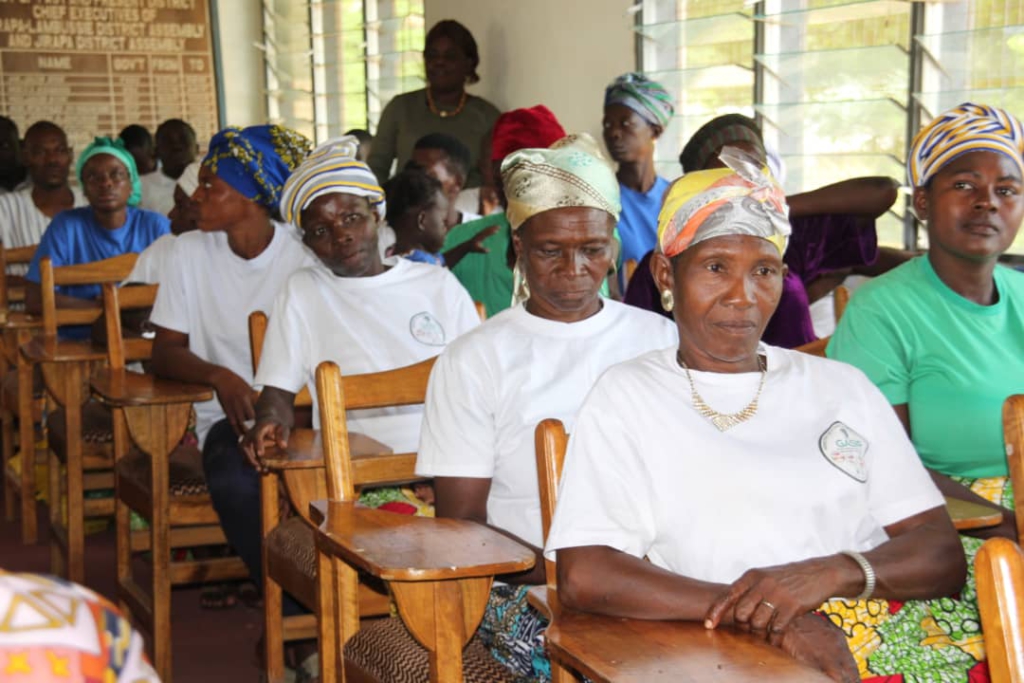
The loss of nutrients caused by residue burning can be directly quantified, and a monetary loss based on current nutrient values can be calculated in addition to the net negative effects of residue burning.
According to Mr. Kambunaba, the introduction of technologies such as cover crop relay planting and weed management, among others, has aided farmers in adapting to changes.
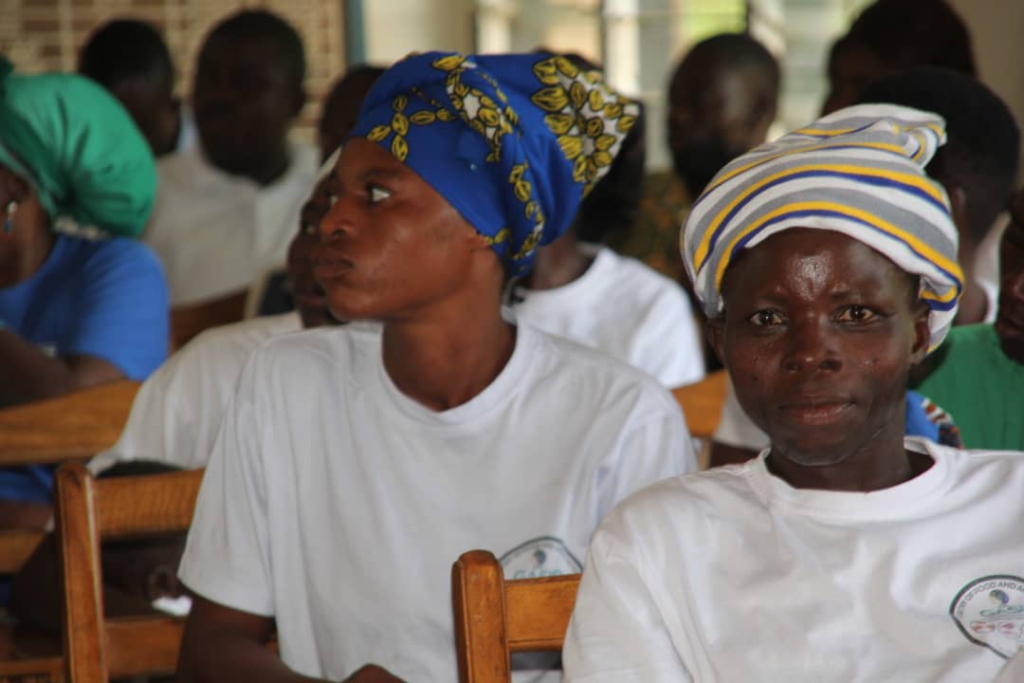
Approximately 90% of the beneficiaries have adopted the used hybrid seed on their own farms at varying rates.
Mr. Kambunaba was speaking at the official event to bring activities of the GASIP Agroforestry Initiative to a close.
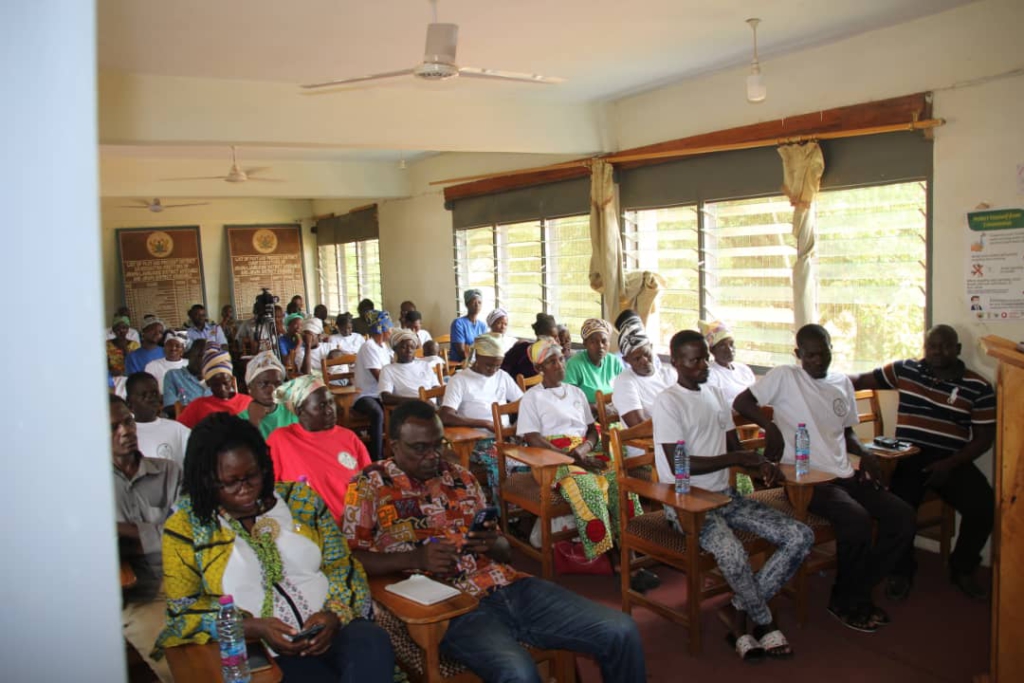
He explained that the establishment of 2 acre conservation agriculture demonstration plots at Sobariyiri, Sawale, and Kontogleyiri in 2018 marked the beginning of the activities' implementation.
"These demonstration sites serve as both training and reference points for the promotion of technologies relevant for 60 smallholder farmers.
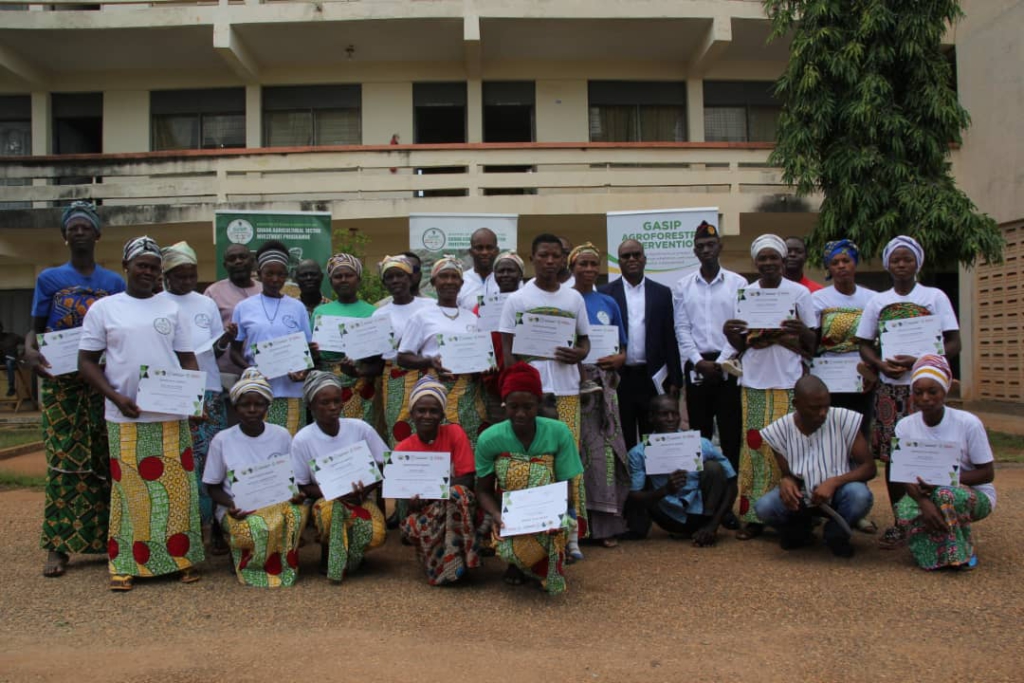
These were however increased to 6 communities and the beneficiary farmers also increased to 120 in 2019 season. In 2021, six new beneficiary groups were identified and supported with inputs.
According to Dr. Edmund Kyei Akoto-Danso, manager of GASIP's climate change adaptation program, the initiative has significantly aided national efforts to combat land degradation and desertification.
"Land degradation in most parts of Ghana, including Northern Ghana is attributable to human activities, mainly through the cutting of trees without replacement, irresponsible and uncontrolled bush burning, and deploying farming systems and practices which are unsustainable," he said.
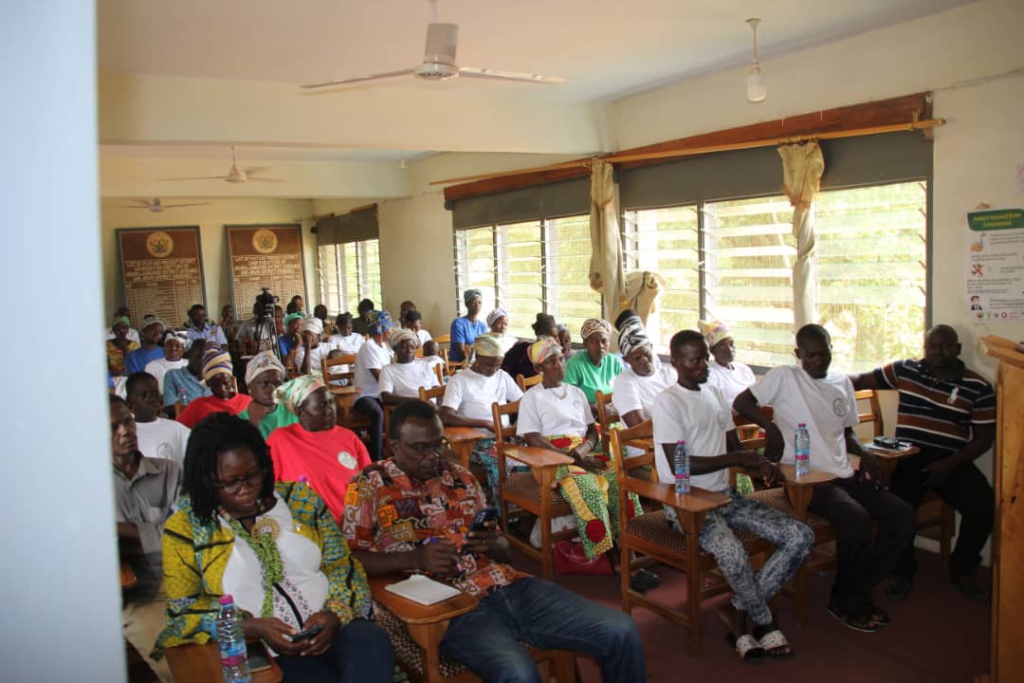
According to Dr. Akoto-Danso, these activities have negative effects on people's socioeconomic well-being, particularly smallholder farmers, as they cause a decline in soil fertility, biodiversity losses, and a decline in relevant tree populations. They also cause low crop yields for farmers and muddiness in waterways.
Latest Stories
-
Maiden Women in Chemical Sciences conference opens with a call for empowerment
12 mins -
We’ll reclaim all Groupe Nduom stolen assets – Nduom declares
18 mins -
Center for Learning and Childhood Development Director Dr Kwame Sakyi honoured at Ghana Philanthropy Awards
9 hours -
Asantehene receives 28 looted artefacts
10 hours -
CAF WCL 2024: Ghana’s Thelma Baffour wins title with TP Mazembe
11 hours -
Benjamin Boakye slams politicisation of energy sector issues and ECG’s inefficiencies
11 hours -
Erastus Asare Donkor and Dr Neta Parsram win big at 10th Mining Industry Awards
11 hours -
Government is “suppressing information” about power sector challenges – IES Director
11 hours -
Majority of our debts caused by forex shortfall – ECG Boss
12 hours -
Pan-African Savings and Loans supports Ghana Blind Union with boreholes
12 hours -
Bole-Bamboi MP Yussif Sulemana donates to artisans and Bole SHS
13 hours -
Top up your credit to avoid potential disruption – ECG to Nuri meter customers
13 hours -
Dutch & Co wins 2024 Entrepreneur of the Year Award
13 hours -
We’ll cut down imports and boost consumption of local rice and other products – Mahama
15 hours -
Prof Opoku-Agyemang donates to Tamale orphanage to mark her birthday
16 hours

